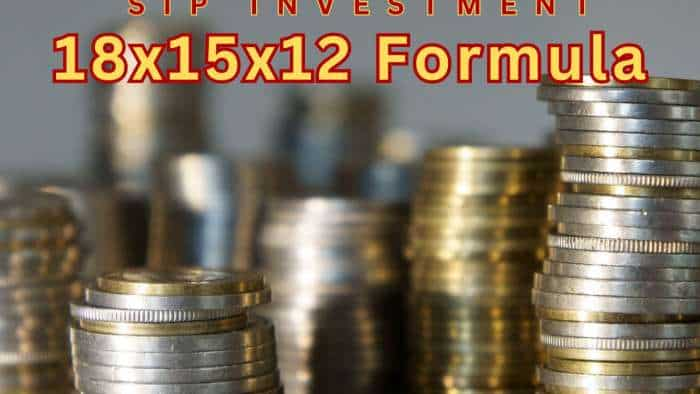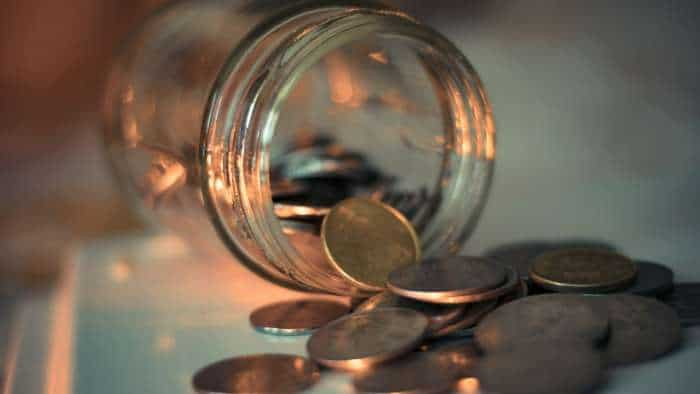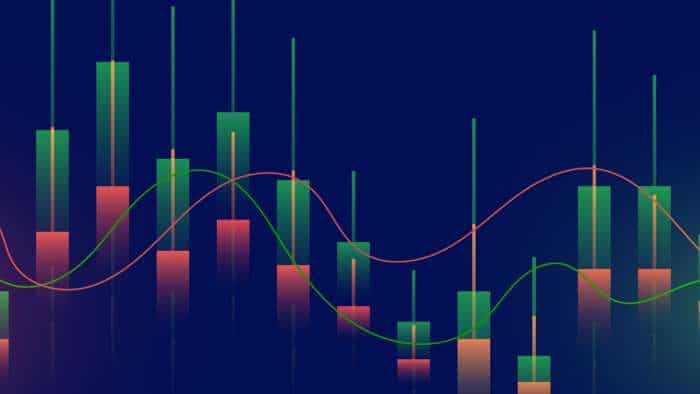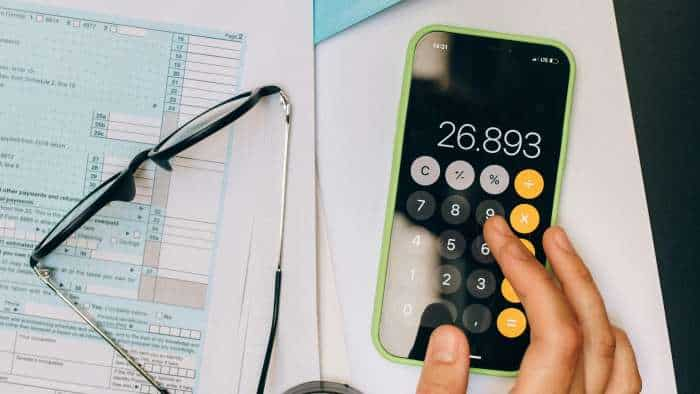GST Impact: Luxury cars, FMCG, electronics items to get cheaper; services dearer

Luxury cars, FMCG products, consumer durables, electronics items and readymade garments will become cheaper once GST is rolled out next year, but mobile phones, banking and insurance services, telephone bills as well as air travel will be dearer due to higher tax.
Under the new indirect taxes regime, likely to take effect from April 1, 2017, levy on manufactured goods will come down, while consumers may end up spending more as service tax burden would go up, as GST is a consumption based tax.
While the government is sure of the benefits the Goods and Services Tax (GST) will bring to the common man, it says it is still early days to predict which items will become more expensive or cheap.
"On the whole, GST will bring down the burden of taxes on common man. However, unless the rate structure is finalised, it is not possible to predict which items will get relief," Revenue Secretary Hasmukh Adhia told PTI.
Tax experts claim that the current practice of tax on tax -- for example, value added tax (VAT) being charged on not just the cost of production but also on the excise duty that is added at the factory gate leading to cost build-up -- will go once GST is rolled out.
This will help bring down prices of a range of products -- from FMCG to consumer durables and electronics to readymade garments.
On the other hand, for goods which currently attract low rate of duty like small cars (excise duty of 8%), the impact of GST will bring about a price hike. However, for sports utility vehicles (SUVs) and big cars that attract excise duty of 27-30%, will see a marked drop in prices.
Tax experts feel that all services, barring essential ones like ambulance, cultural activities, pilgrimages and sporting events that are exempt from levy, will become costlier as the present 14.5% rate is likely to increase to 18-22%.
Therefore, eating out, travel, telephone bills, banking and insurance services, hiring cabs, broadband, movies, branded jewellery and popular sporting events such as IPL will become expensive.
"We cannot predict specifically any such thing. Once the rate structure of various items is decided then only we can predict the items on which the tax will go up or come down," Adhia said, when asked if tax on services like mobile bill payment will go up with GST.
GST, hailed as the most powerful tax reform that India has seen, aims to do away with multiple-tax regime on goods and services and bring them under one rate.
GST will alter the present system of production-based taxation to a consumption-based one.
While manufactured consumer goods will become cheaper as the incidence of excise duty and VAT will come down from 25-26% at present, the cost of services would by and large, go up from the present 15% levels.
Currently, a consumer pays 25-26% tax over and above the cost of production due to excise duty (peak of about 12.5%) and value added tax (VAT).
While there is no indication of what the GST rate will be, experts put it between 18 and 22% which will, in all likelihood, make basic goods cheaper.
Certain essential items such as raw food articles are not taxed at present and are expected to remain out of GST.
The key products that would witness price reduction under GST are luxury automobiles, processed food, FMCG and pharma products.
Processed food will continue to be taxed, but the applicable GST is likely to be lower than the current combined tax on such products. Hence, expect these to become slightly cheaper.
The services that may witness increase in cost are telecom, rent-a-cab, movies, music concerts and tickets for sports events like IPL, according to Mahesh Jaising, Partner, BMR & Associates LLP.
Tax advisory firm Nangia & Co said essential services for mass consumption may see a lower rate as they may be kept in lower tax bracket.
Investment management and insurance premiums, which attract a service tax now, may also become costlier with the higher rate of GST.
"GST is a mixed bag for the telecom sector. Customers are presently paying 15% on cell phones and data card, which may see an upward movement. However, DTH players and cable companies may see a reduction in cost of services," said Nitish Sharma, Partner (Indirect Taxation) Nangia & Co.
Economic Laws Practice Partner Rohit Jain said common man could see some price escalation in services, while the taxation of real estate sector needs some clarity.
"For a common man, the cost of services may go up, but there will be a reduction of price of goods," Jain said, adding that land should be kept out while calculating the tax for purchase of real estate property.
The total levy paid in buying a real estate property from a builder currently is 7% (5% Service Tax plus about 1-2% VAT).
For FMCG and pharma products, the manufacturing hubs for such products are influenced by the excise/state incentive schemes. Under GST, the manufacturing locations may be readjusted from a commercial perspective and have an impact of prices of such goods.
Goods attract an excise duty of 12.5% and a VAT of 12.5-15% depending on the state. Further, there are numerous cascading of taxes on account of levy of CST, input tax credit retention under the VAT laws, levy of entry tax/Octroi/local body tax, etc., till the time the product reaches the end customer.
A combined effect of these taxes lead to an effective incidence of indirect taxes in the range of 23-25% for the consumer.
"Under the GST regime, there would be a significant reduction in the overall indirect tax cost and increased credit flow for the manufacturers. This reduction in indirect tax cost can lead to reduction in production cost and increase in base line profits, which would in turn give headroom for reducing prices for end-users," Jaising said.
Nangia & Co's Sharma said GST would significantly reduce logistics costs across the value chain and lead to improved margins as a result of lower transportation costs.
ICRA, in a report said, that the tax base would widen under the GST regime to cover the unorganised sector, thereby protecting the Governments' revenues. This could also lead to the organised sector gaining an edge in sectors which have a strong presence of unorganised players.
"The GST rate applicable to services is expected to be higher than the current service tax rate, thereby offsetting the revenue loss from organised sector manufactured goods. However, this may have an adverse impact on demand for services," ICRA said.
Get Latest Business News, Stock Market Updates and Videos; Check your tax outgo through Income Tax Calculator and save money through our Personal Finance coverage. Check Business Breaking News Live on Zee Business Twitter and Facebook. Subscribe on YouTube.
RECOMMENDED STORIES

18x15x12 SIP Formula: In how many years, Rs 15,000 monthly investment can grow to Rs 1,14,00,000 corpus; know calculations

Rs 5,000 SIP for 40 years vs Rs 50,000 SIP for 20 years: Which can create higher corpus? See calculations to know it

PPF For Regular Income: How you can get Rs 78,000 a month tax-free income through Public Provident Fund investment?
01:21 PM IST










 GST Bill may be sent to Lok Sabha for approval on Monday
GST Bill may be sent to Lok Sabha for approval on Monday GST regime likely to have minimum impact on CPI inflation: SBI
GST regime likely to have minimum impact on CPI inflation: SBI Will GST help India ramp up exports?
Will GST help India ramp up exports? What GST bill has in store for Real Estate?
What GST bill has in store for Real Estate? Here's why GST rollout by April 2017 will be a challenge for the govt
Here's why GST rollout by April 2017 will be a challenge for the govt